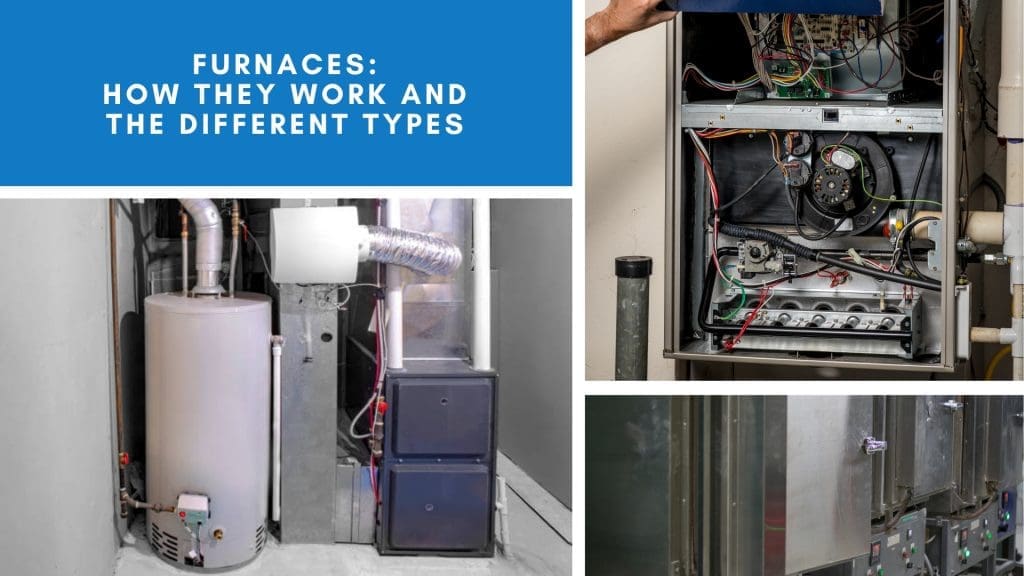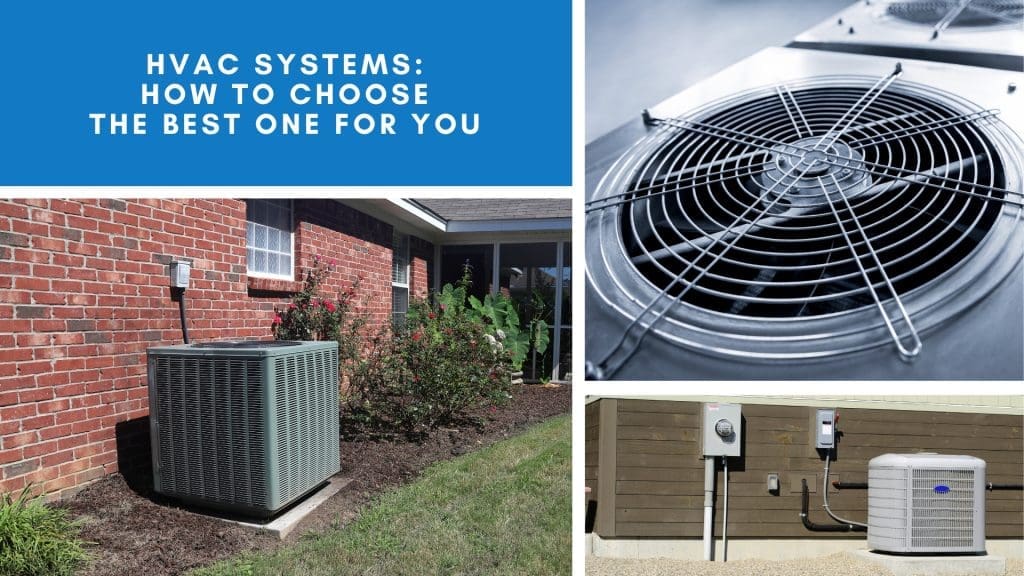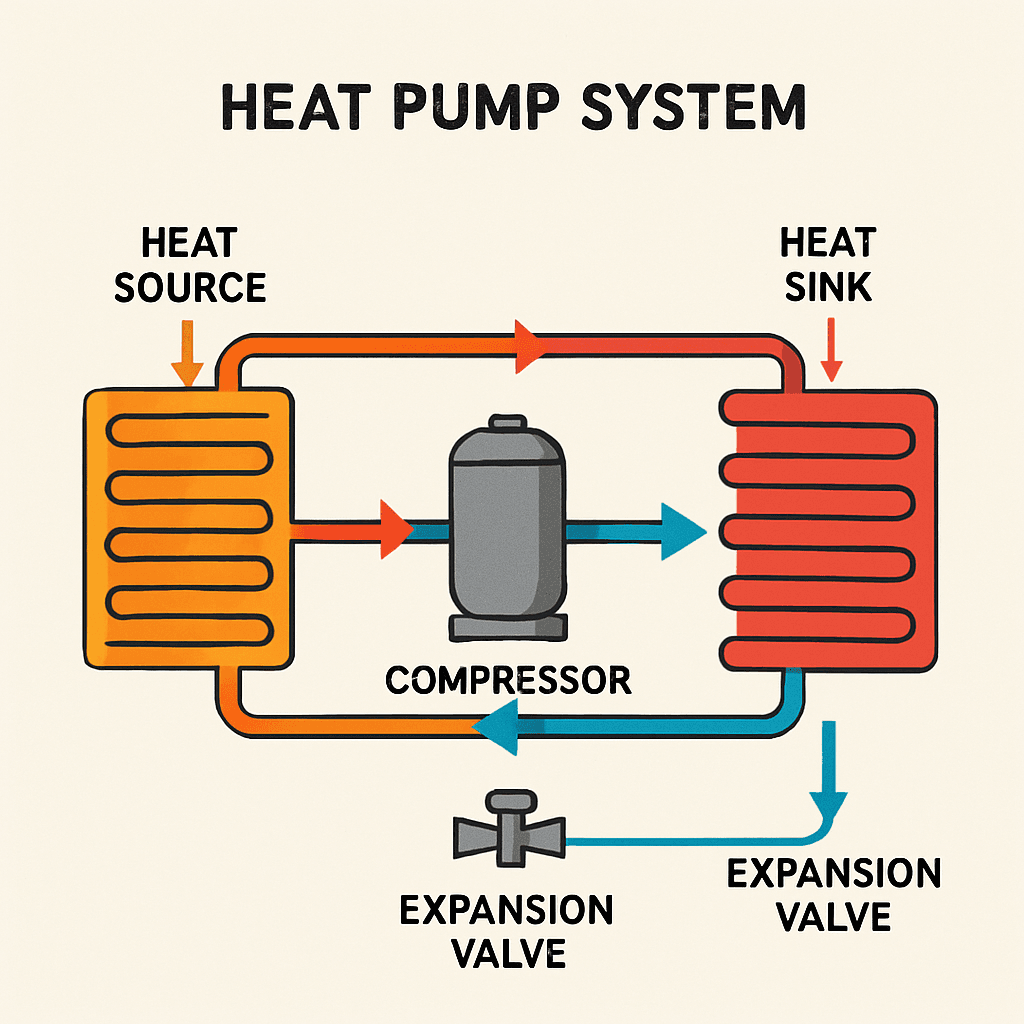
What Is a Heat Pump?
Understanding How Heat Pumps Work is key to making the most of their energy-efficient design. A heat pump is an energy-efficient device that provides both heating and cooling for your home. Unlike traditional heating systems that generate heat, a heat pump transfers heat from one place to another. In the winter, it extracts heat from the outside air, ground, or water and moves it indoors. During the summer, the process reverses, and the heat pump removes heat from your home and releases it outside.
The Components of a Heat Pump System
A typical heat pump system consists of an outdoor unit, an indoor unit, and a series of ducts or refrigerant lines. The main components include:
- Compressor: The heart of the heat pump, the compressor circulates refrigerant between the indoor and outdoor units. It pressurizes the refrigerant, which increases its temperature and allows it to transfer heat effectively. Without a functional compressor, the system cannot operate efficiently, leading to increased energy consumption and decreased comfort.
- Condenser Coil: This component releases or absorbs heat depending on the mode. During the heating cycle, the condenser coil releases absorbed heat into your home. In cooling mode, it expels heat outdoors, helping to maintain indoor comfort levels. The condition and cleanliness of the condenser coil are crucial for optimal performance.
- Evaporator Coil: The evaporator coil plays a vital role in heat absorption. In heating mode, it absorbs heat from the outside air; in cooling mode, it absorbs heat from inside your home. Regular cleaning and maintenance of the evaporator coil ensure efficient operation and prolong the system’s lifespan.
- Refrigerant: The refrigerant is the fluid that transfers heat within the system. It cycles through various states of pressure and temperature, enabling the heat pump to move heat efficiently. The type and amount of refrigerant used can significantly impact the system’s efficiency and environmental footprint.
- Expansion Valve: This component regulates the refrigerant flow, ensuring that the system operates efficiently under varying conditions. By controlling the refrigerant’s pressure and temperature, the expansion valve helps optimize the heat pump’s performance and energy usage.
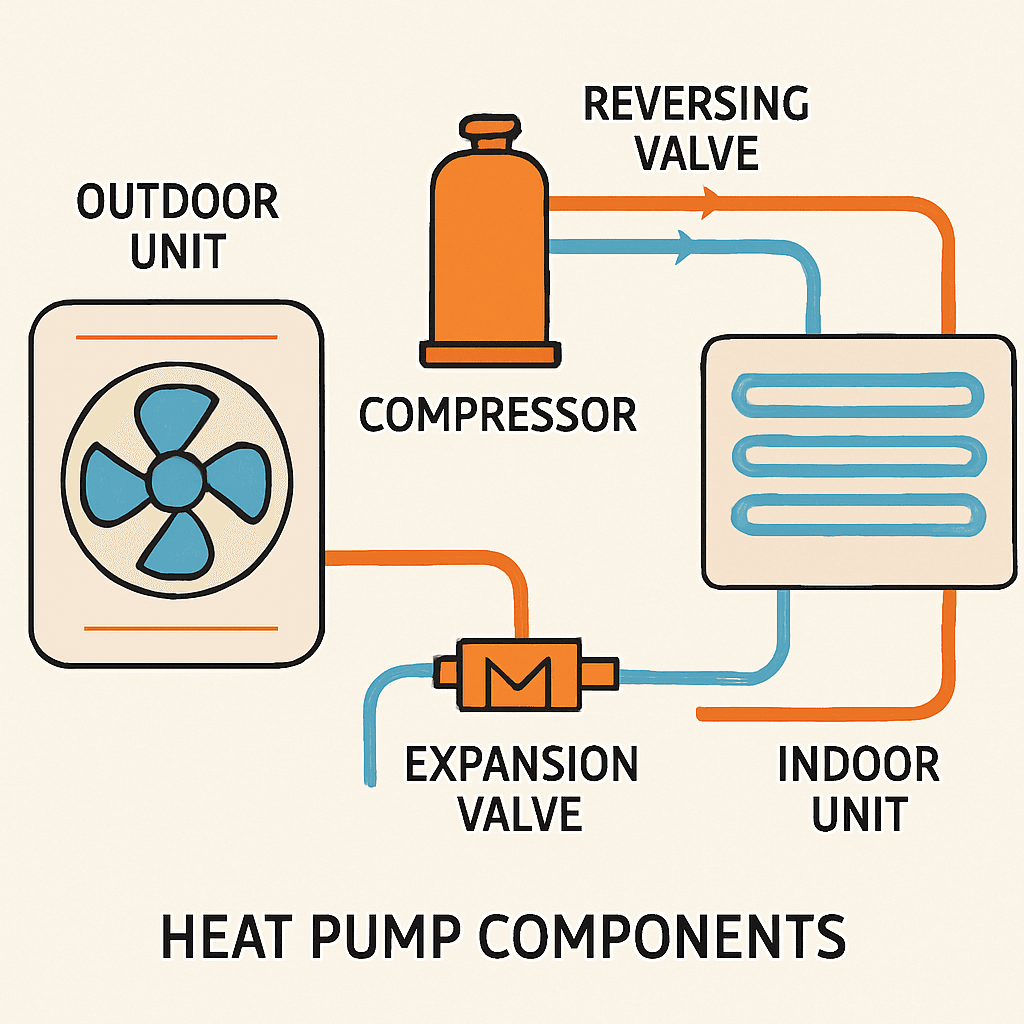
How Does a Heat Pump Work?
Heat pumps operate on the principle of heat transfer, similar to how your refrigerator works. Here’s a closer look at the process:
Heating Mode
During colder months, the heat pump extracts heat from the outside air and transfers it indoors. Here’s how it works:
- Heat Absorption: The refrigerant, in its low-pressure state, absorbs heat from the outdoor air, even when the air is cold. This is possible because the refrigerant’s boiling point is lower than the outdoor temperature, allowing it to capture heat energy.
- Compression: The absorbed heat increases the refrigerant’s energy level, and the compressor pressurizes the refrigerant, raising its temperature significantly. This high-temperature refrigerant is then ready to deliver heat indoors.
- Heat Release: As the hot refrigerant flows through the indoor evaporator coil, it releases its heat into your home, warming the indoor air. This process continues until the desired indoor temperature is reached.
Cooling Mode
In the warmer months, the heat pump reverses its operation. It extracts heat from the indoor air and moves it outside:
- Heat Absorption: The indoor air, which is warmer than the refrigerant, transfers its heat to the refrigerant. This process cools the indoor air as the refrigerant absorbs the unwanted heat.
- Compression: The refrigerant, now carrying the absorbed heat, is compressed, increasing its temperature before it reaches the outdoor condenser coil.
- Heat Expulsion: When the refrigerant reaches the outdoor condenser coil, it releases the absorbed heat into the outdoor air, which is cooler than the refrigerant. This process completes the cooling cycle, keeping your indoor environment comfortable.
Efficiency and Benefits
Heat pumps are known for their energy efficiency. They can provide up to three times more heating or cooling than the energy they consume. This efficiency translates to lower energy bills and reduced environmental impact, making heat pumps an attractive option for eco-conscious homeowners.
- Energy Savings: By transferring heat rather than generating it, heat pumps use significantly less energy than traditional heating systems. This can lead to substantial savings on energy bills over time, particularly in regions with moderate climates.
- Environmental Impact: Heat pumps reduce the reliance on fossil fuels and lower greenhouse gas emissions. By using electricity more efficiently, they contribute to a more sustainable and environmentally friendly home heating and cooling solution.
- Versatility and Comfort: With the ability to both heat and cool, heat pumps provide year-round comfort. They are suitable for various applications, from single-room units to whole-house systems, offering flexibility to meet different needs and preferences.
Heat Pump vs. Traditional HVAC Systems
Understanding the difference between heat pumps and traditional HVAC systems, such as central air conditioning or furnaces, is crucial when choosing the right system for your home.
Heat Pump vs. Air Conditioner
While both systems provide cooling, the key difference is that a heat pump can also heat your home. An air conditioning unit with a heat pump can be a versatile choice for year-round comfort.
- Dual Functionality: Heat pumps offer the convenience of a single system for both heating and cooling, eliminating the need for separate units. This can simplify maintenance and reduce overall equipment costs.
- Efficiency in Mild Climates: In regions with mild winters, heat pumps can efficiently handle heating needs without the additional cost and complexity of a furnace. This makes them a cost-effective option for year-round climate control.
- Environmental Considerations: By using electricity instead of fossil fuels for heating, heat pumps reduce carbon emissions, contributing to a more sustainable environment compared to traditional air conditioners and furnaces.
Heat Pump vs. Central Air
Central air conditioning systems are typically paired with a separate furnace for heating. In contrast, a heat pump provides both heating and cooling in one system, potentially saving space and installation costs.
- Space and Installation: Heat pumps require less space and fewer components than central air systems with separate furnaces. This can simplify installation and reduce initial setup costs, particularly in homes with limited space.
- Operational Flexibility: Heat pumps can easily switch between heating and cooling modes, providing seamless comfort throughout the year. This flexibility makes them ideal for homes in areas with variable seasonal temperatures.
- Long-term Savings: While the initial cost of a heat pump may be higher than a central air system, the long-term savings from reduced energy consumption and maintenance can outweigh the upfront investment.
Heat Pump vs. HVAC
HVAC, which stands for Heating, Ventilation, and Air Conditioning, is an umbrella term for various systems. A heat pump is one component of an HVAC system, specifically designed to handle both heating and cooling tasks.
- Comprehensive Systems: HVAC systems can include a range of components, such as air purifiers, humidifiers, and ventilation solutions, alongside heating and cooling units. Heat pumps integrate seamlessly into these systems, enhancing overall home comfort.
- Customizable Solutions: Depending on your home’s specific needs, an HVAC system with a heat pump can be customized for optimal performance, balancing efficiency, comfort, and air quality.
- Investment in Comfort: Choosing the right combination of HVAC components, including a heat pump, can maximize your home’s comfort and energy efficiency, providing a personalized solution that meets your unique requirements.
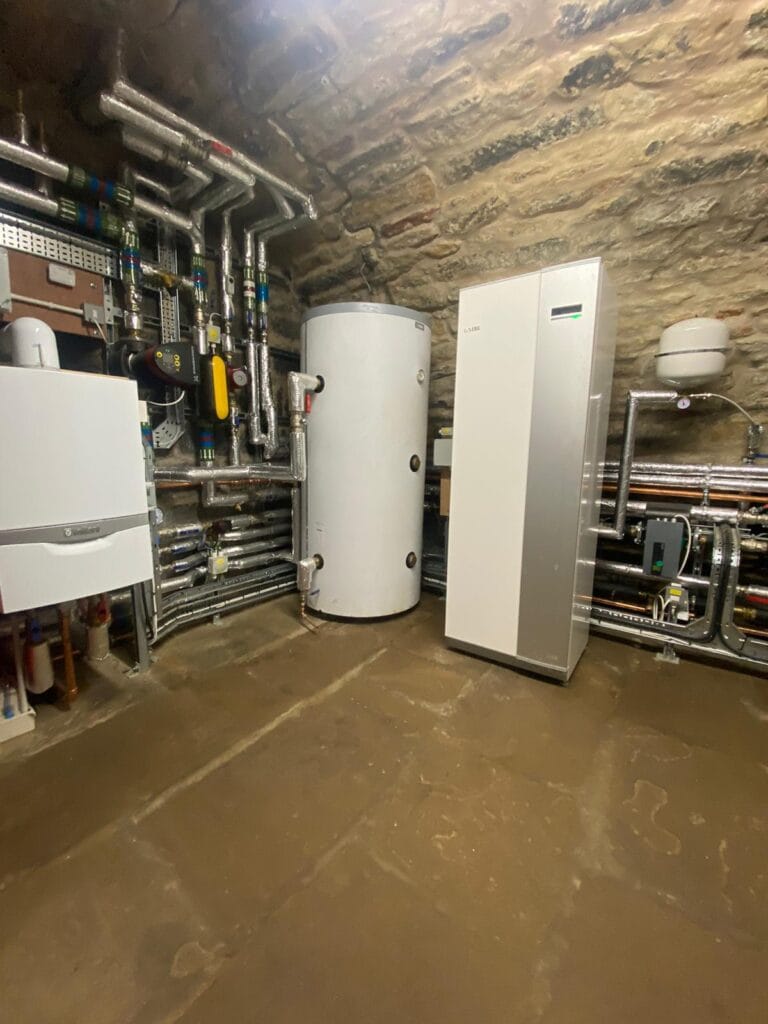
Considerations When Choosing a Heat Pump
If you’re contemplating a heat pump for your home, here are some factors to consider:
Climate
Heat pumps are most effective in moderate climates. If you live in an area with extreme temperatures, additional systems may be needed.
- Regional Suitability: In regions with mild winters and hot summers, heat pumps can efficiently manage both heating and cooling. However, in areas with very cold winters, a supplementary heating system may be required for optimal performance.
- Seasonal Performance: Consider the seasonal temperature variations in your area. Heat pumps are designed to handle a wide range of temperatures, but their efficiency can decrease in extreme cold, necessitating additional heating solutions.
- Energy Costs: Understanding local energy costs can help determine the potential savings from a heat pump. In areas with high electricity rates, the efficiency of a heat pump can lead to significant cost reductions compared to traditional systems.
Installation Cost
While the initial investment can be higher than other systems, the long-term savings on energy bills can offset the cost.
- Initial Investment: Heat pumps may have higher upfront costs due to their advanced technology and dual functionality. However, these costs are often balanced by lower operating expenses over the system’s lifespan.
- Incentives and Rebates: Many regions offer incentives, rebates, or tax credits for installing energy-efficient systems like heat pumps. These financial incentives can significantly reduce the initial cost and improve the return on investment.
- Professional Installation: Ensuring professional installation is crucial for maximizing efficiency and longevity. Working with experienced HVAC technicians can prevent costly installation mistakes and ensure optimal performance.
Maintenance
Regular maintenance is essential for optimal performance. Consider a professional service like LC Heating and Air Conditioning Hollywood to keep your system running smoothly.
- Routine Checks: Regular maintenance, including cleaning coils, checking refrigerant levels, and inspecting electrical connections, can prevent breakdowns and extend the system’s life.
- Seasonal Tune-ups: Scheduling seasonal tune-ups before peak heating and cooling seasons ensures your heat pump operates efficiently and reduces the risk of unexpected failures.
- Service Contracts: Consider service contracts with professional HVAC companies to ensure consistent maintenance and quick resolution of any issues. This can provide peace of mind and protect your investment.
Contact Us
At LC Heating and Air Conditioning Hollywood, we’re committed to providing reliable, high-quality service to our community. Whether you need a new system or maintenance on your existing one, we’re here to help. Contact us at (818) 858-7080 for expert advice and service you can trust.
Expert Consultation
Our team of experienced professionals is ready to offer personalized advice tailored to your home’s specific needs. We can help you evaluate your options and choose the most efficient and cost-effective heating and cooling solutions.
Installation and Maintenance
From initial installation to ongoing maintenance, we provide comprehensive services to ensure your heat pump operates at peak performance. Our technicians are skilled in handling all aspects of HVAC systems, delivering quality service you can rely on.
Customer Support
At LC Heating and Air Conditioning Hollywood, customer satisfaction is our top priority. We are always available to answer your questions, address your concerns, and provide the support you need to keep your home comfortable year-round.
Conclusion
Understanding how heat pumps work and how they compare to other systems can guide you in making the best decision for your home. Whether you’re a busy parent, small business owner, or working professional, having a reliable heating and cooling system is crucial for comfort and peace of mind. Trust the experts at LC Heating and Air Conditioning Hollywood to help you achieve that comfort with quality service and expertise.
The Versatility of Heat Pumps
Heat pumps offer an efficient, versatile solution for year-round comfort. Their ability to seamlessly switch between heating and cooling modes makes them ideal for varied climates and living situations, providing consistent comfort throughout the year.
Professional Support and Care
With the right care and professional support, heat pumps can serve your home reliably for years to come. Investing in regular maintenance and professional services ensures optimal performance and extends the life of your system.
Contact Us for More Information
For more information or to schedule a service, don’t hesitate to reach out to us at (818) 858-7080. We’re here to ensure your home remains a haven of comfort in every season, providing expert guidance and high-quality HVAC solutions to meet all your heating and cooling needs.

